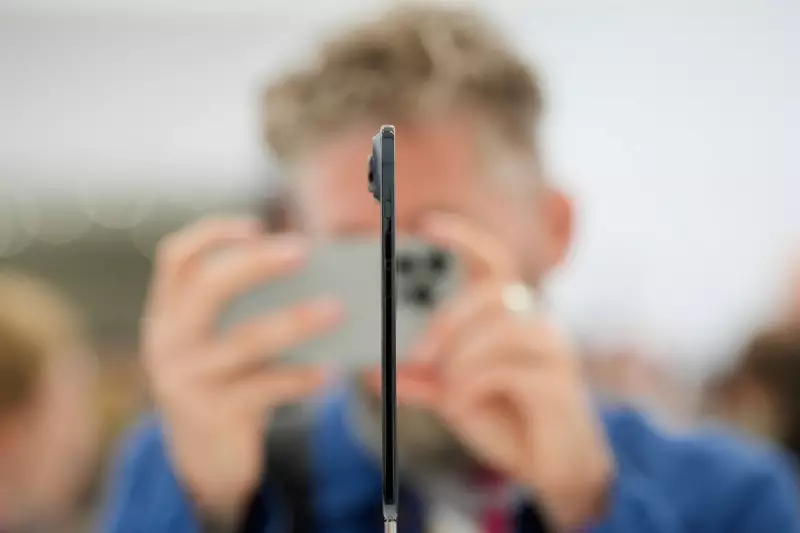
Apple is secretly engineering what could be its most transformative product since the original iPhone's debut - a sleek foldable device currently dubbed the 'iPhone Air'. According to industry insiders, the tech giant is determined to conquer the burgeoning foldable market that rivals have pioneered.
The Foldable Revolution Comes to Apple
After years of watching competitors like Samsung and Google innovate with bendable screens, Apple appears ready to enter the arena with its characteristic flair for design and user experience. The project represents Apple's response to the growing consumer appetite for devices that combine tablet-sized displays with pocket-friendly portability.
What We Know About the iPhone Air
While Apple maintains its legendary secrecy, reports suggest the iPhone Air would feature a seamless folding mechanism that eliminates the visible crease that plagues some current foldables. The device would likely function as both a conventional smartphone when closed and a mini-tablet when unfolded.
Industry analyst Ming-Chi Kuo indicates that Apple has been developing foldable technology for several years, with particular focus on creating a hinge mechanism that surpasses existing solutions in durability and smoothness.
Why Apple's Entry Matters
The foldable market, while still niche, represents the first major evolution in smartphone form factors in over a decade. Apple's entry would instantly legitimise the category and likely accelerate adoption rates globally. The company's massive supply chain influence could also drive down component costs, making foldables more accessible.
The Competitive Landscape
Currently, Samsung dominates the foldable space with its Galaxy Z Fold and Flip series, while Google's Pixel Fold represents another premium contender. Apple's typical approach would involve entering later but refining the experience to appeal to mainstream users who may have been hesitant about first-generation foldable technology.
Analysts suggest Apple might position the iPhone Air as a premium product line sitting above the current iPhone Pro models, potentially commanding prices upwards of £1,500 when it eventually launches.
Timeline and Challenges
Most reports indicate we shouldn't expect a foldable iPhone until at least 2025-2026, as Apple works to perfect the technology to meet its exacting standards. Key challenges include ensuring screen durability, battery life optimisation for the larger display, and developing iOS features that truly leverage the unique form factor.
As one insider noted: 'Apple won't release a foldable until it's convinced the experience is demonstrably better than a traditional smartphone. They're playing the long game, as usual.'





